Our cookies
We use essential cookies to make our website work smoothly for you. To make sure we're always improving, we'd like to use analytics to track how people use the site. We won't set non-essential cookies unless you give us permission. You can find more information about all the cookies we use in our Privacy and Cookie Policy.
Some cookies are a must for our website to function properly. If you turn off essential cookies, it may affect how you experience our site.
The non-essential cookies we use help us understand how you use our website and make improvements to enhance your experience.

Understanding the Children's Coaching Workforce
Let's help our children to develop a lifelong love for being active
Our goal is to support current and future coaches to help maximise children and young people's participation in sport and physical activity.
Who are the Children's Coaching Workforce?
The Children’s Coaching Collaborative has teamed up with Leeds Beckett University to help us understand who these coaches are, their backgrounds and experiences and their needs and wants.
Existing research on the specific characteristics of the children’s coaching workforce is scarce, so we have approached coaches to help us paint the picture. In 2022, we received detailed survey responses from 1,420 coaches working with children and young people.
The results highlighted that the children's coaching workforce is shifting and dynamic in nature and should not be considered as a single group. Unsurprisingly, the findings identified that the current coaching workforce are predominantly volunteer, male, white, middle-aged and able-bodied. However there does seem to be an increasing proportion of female coaches in the younger age groups, which could show that coaching is becoming more accessible as more young women enter the workforce at a younger age. That said, there is clearly more work to be done to support coaches from ethnically diverse communities to make coaching opportunities as accessible as possible.
The key demographic and professional factors, such as age, gender, ethnicity, employment status, coaching context, qualifications, age, experience, sport and levels of participation, all impact on a coach's reason to coach and the potential to stop.
Becoming a coach
Coaches are uniquely placed to help children and young people to develop a lifelong love for sport and physical activity. They are embedded within their local communities and can understand the needs of their environment, which is often a contributing factor in becoming a coach.

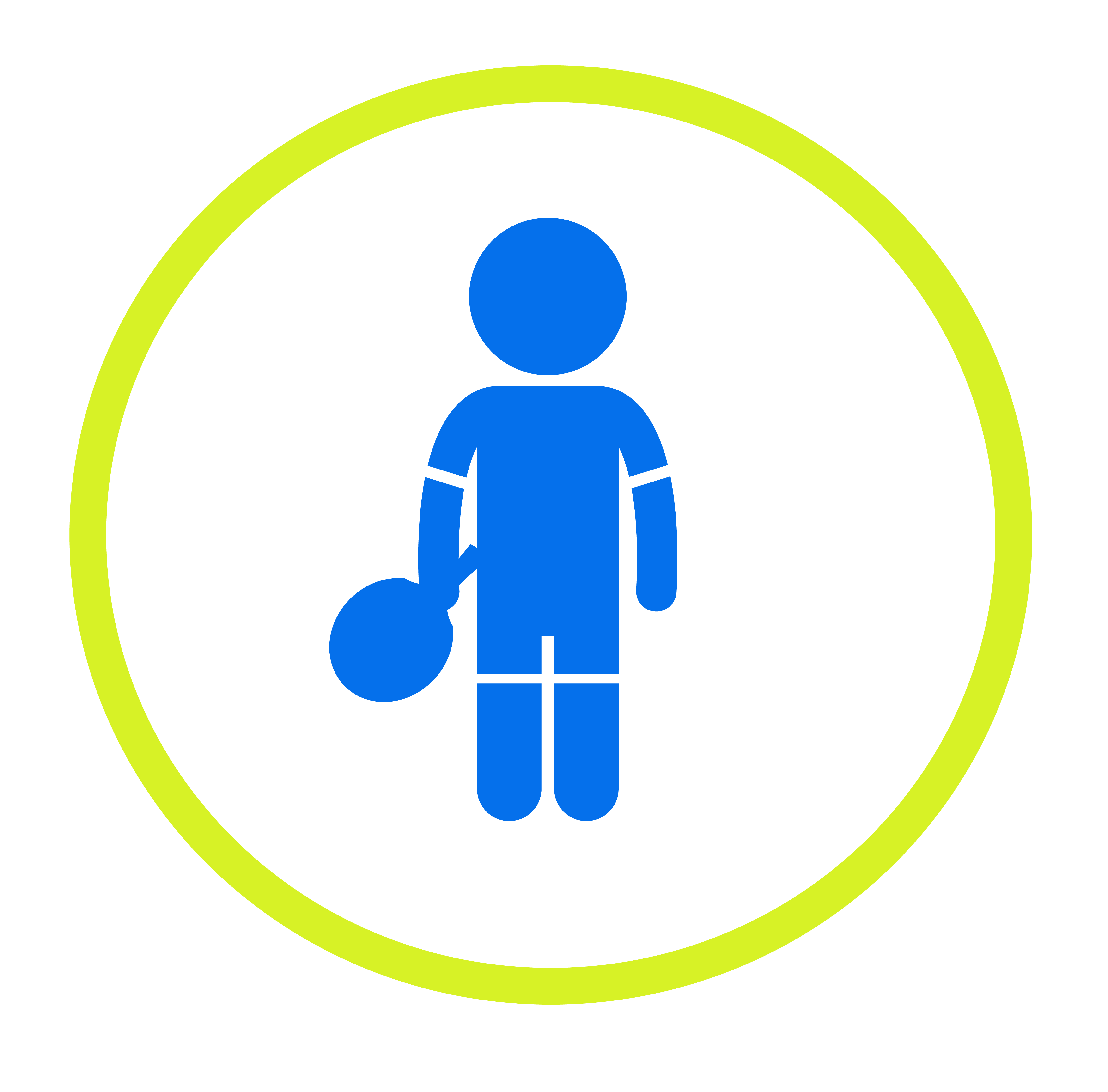
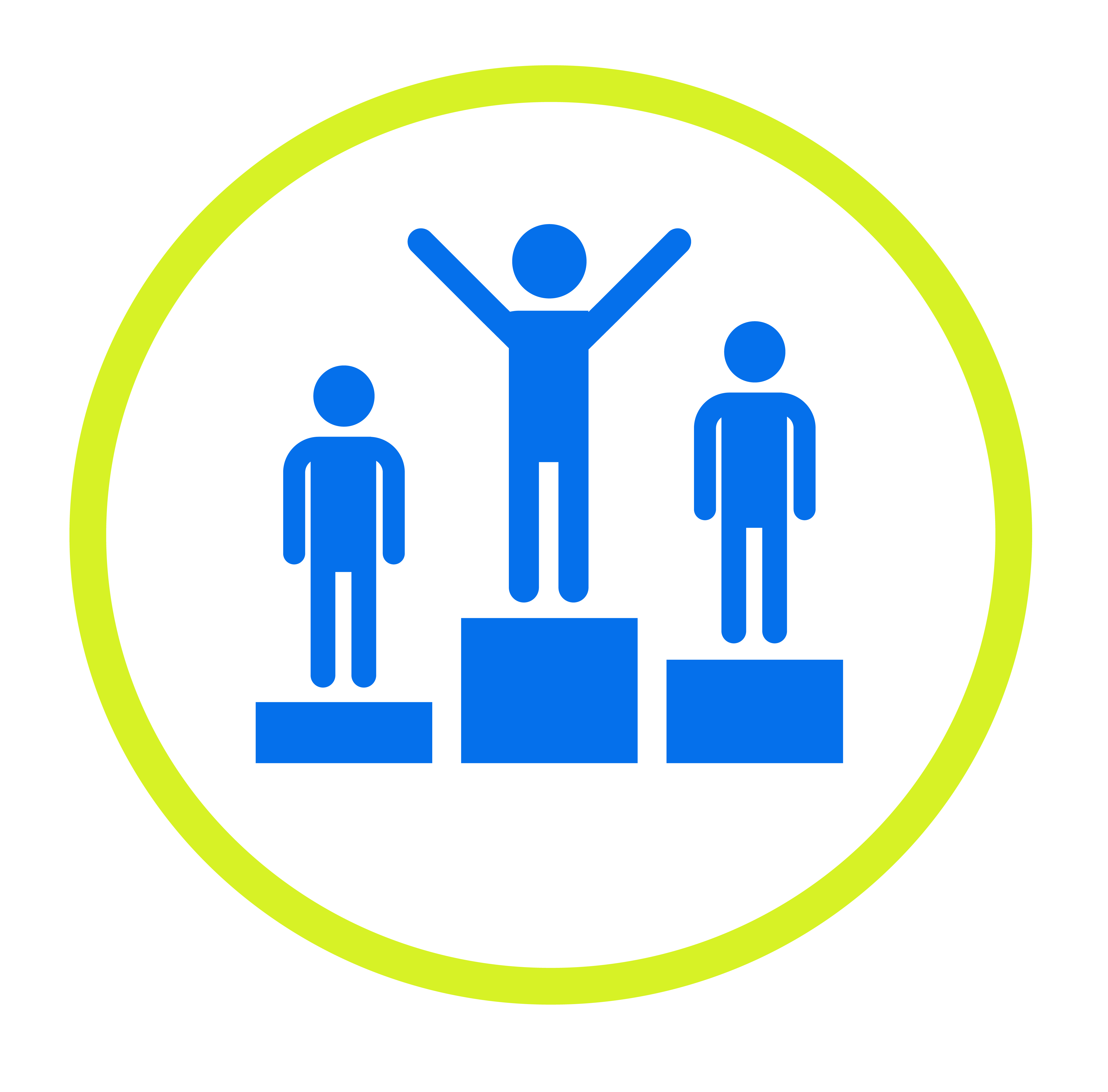

Motivations
Most of the coaches that we spoke to are motivated by positive outcomes for children and young people. A large majority of coaches (78.8%) told us that it was NOT important to win trophies and medals, they are more driven by the opportunities to support young people with the below:




What does this research tell us?
Coaches need to be able to understand how child-first coaching can be applied in practice within their own sporting context. There can't be a one-size-fits-all approach to the Play Their Way movement.
The findings from the research indicate that children's coaches are extremely motivated by child-centred practices, but there are some barriers to fully applying child-first principles and achieving their goals.
These barriers related mainly to having a lack of:
- time
- support
- resources
The pressures created by these barriers could lead to a risk of them dropping out of coaching.
The coaches that we spoke to were keen to develop and plug any gaps in their child-first knowledge.
Many highlighted that they would be interested in:
- attending face-to-face conferences and workshops
- working with mentors
- accessing self-paced online courses
The aim of the Play Their Way movement is to make sure that child-first coaching philosophy resources are readily available and easily accessible and to inspire and support coaches to reflect on their practice to ensure that they're delivering fun and engaging sessions for the children they coach.
We have been lucky enough to receive inspirational stories from coaches sharing how they have applied the child-first philosophy to their sessions.
We encourage you to read, watch and hear from these coaches. If any of their ideas, tips and resources strike a chord, please do let us know.
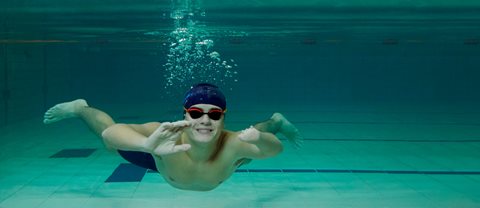
The case for change
Learn more about some of the foundational insights that have fuelled the conception of the Play Their Way movement
READ THE SECTOR INSIGHT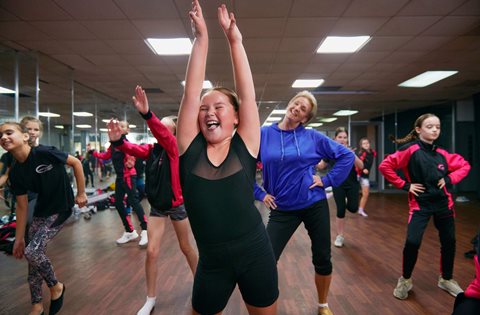
About us
Play Their Way is a movement of child-first coaches, organisations and people changing the game from the ground up.
FIND OUT MORE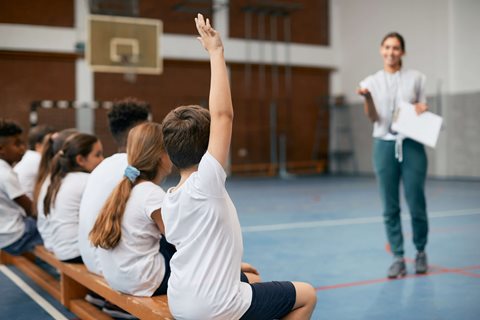
Ask us a question
We're sure as you read about the Play Their Way movement and child-first coaching you will have questions
READ OUR FAQsJoin the movement!
Whether as parents, coaches or young people, we all have a role to play in helping create a huge cultural shift in the way we engage children in physical activity, to help them become healthier and happier and to develop them as people.
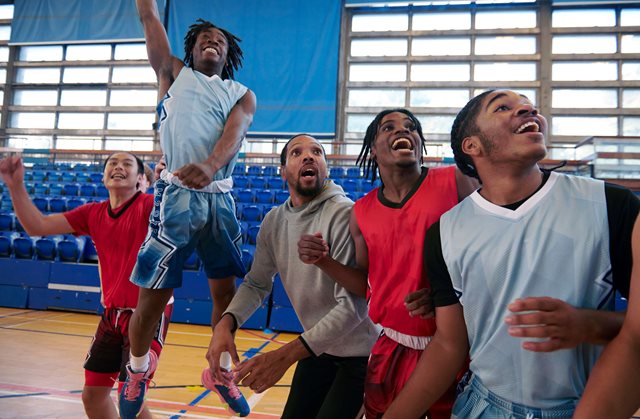
SHARE THE MOVEMENT
Help spread the word by sharing this website with fellow coaches!
